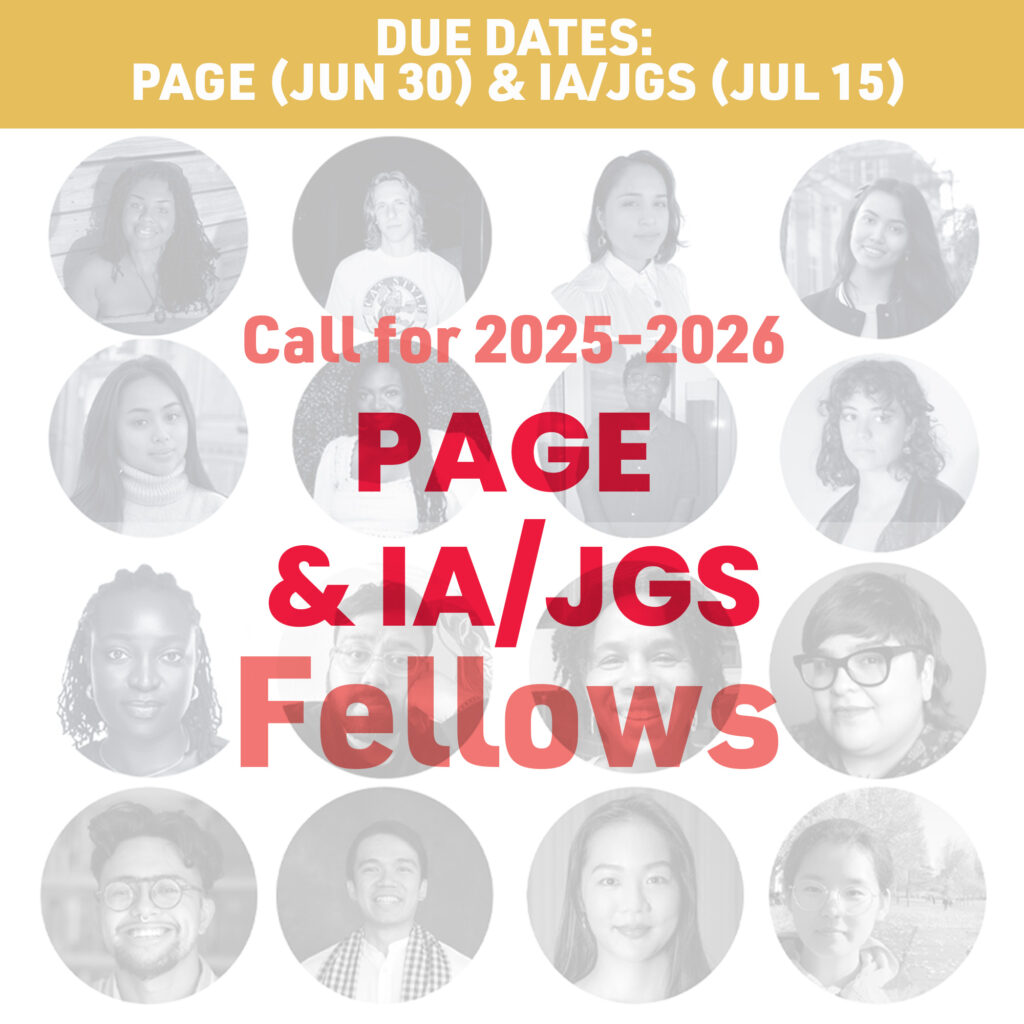Decolonial praxis collective- Grassroots popular pedagogy
By Fernando David Márquez Duarte
Public Scholarship to me refers to projects that are born from scholars, mostly BIPOC, that are marginalized from academic spaces and have a commitment for reaching more just, humane and free societies, especially for oppressed groups. Public Scholarship transcends academia, and works directly with oppressed groups, grassroots organizations and collectives, in order to work together for the societies we all want: to dismantle neocolonial capitalism, which is inherently racist, violent, sexist and oppressive.
The COVID-19 pandemic led me to begin a project, alongside two colleagues from UCR (all three POC), to create a safe space to discuss decoloniality and to organize free workshops for students, not only from UCR but open to any students that were interested in learning from decoloniality regardless of their institution, country or level of study. We have organized Decoloniality workshops since November 2020. We have organized three-day event on May 2021 about Decoloniality and Antiracism. Finally, we decided to conform a Decolonial reading/discussion group beginning in February 2022, with meetings once a month that have continued until now. All of the events and stages of the project, have been conducted from a critical and decolonial pedagogy approach, following the ideas of Paulo Freire and Catherine Walsh, to mention some authors. The activities haven’t been conducted as a hierarchical lecture where the “teacher” talks and the student only listen. On the opposite, these have been interdialectical and horizontal experiences, where participants constantly participate in the session. Finally, since early 2022 we conformed an open collective, which consolidated our public scholarship project to fight against structural racism, coloniality of knowledge and neocolonial capitalism from and beyond academia.
On the other hand, we recently got awarded a VOICE grant from the UC National Center for Free Speech. We will use these funds to organize a free Decolonial Praxis Conference on early 2023 at the University of California Riverside. The motivation for organizing this Conference is that it serves not only as an academic space, but as a space for activists, community organizers and academics to discuss decolonial theories, pedagogies, research methods and praxis, especially BIPOC. In western academia, decoloniality is still a marginalized topic. At UCR, there are no spaces that allow an open and safe conversation, dialogue and discussion on decoloniality. In our Conference, there will be panels in both English and Spanish, allowing participants from México and latinx populations in the US to be included in the discussion, people that are normally left out due to western-centrism and coloniality of knowledge. The Conference will also include a general assembly, where all participants can discuss on equal conditions to develop a Decolonial Declaration that guides the work of the Decolonial Community that will be built in the Conference. Finally, the Conference will have a hybrid format, to allow people with disabilities (like with limited mobility) to be able to participate.


